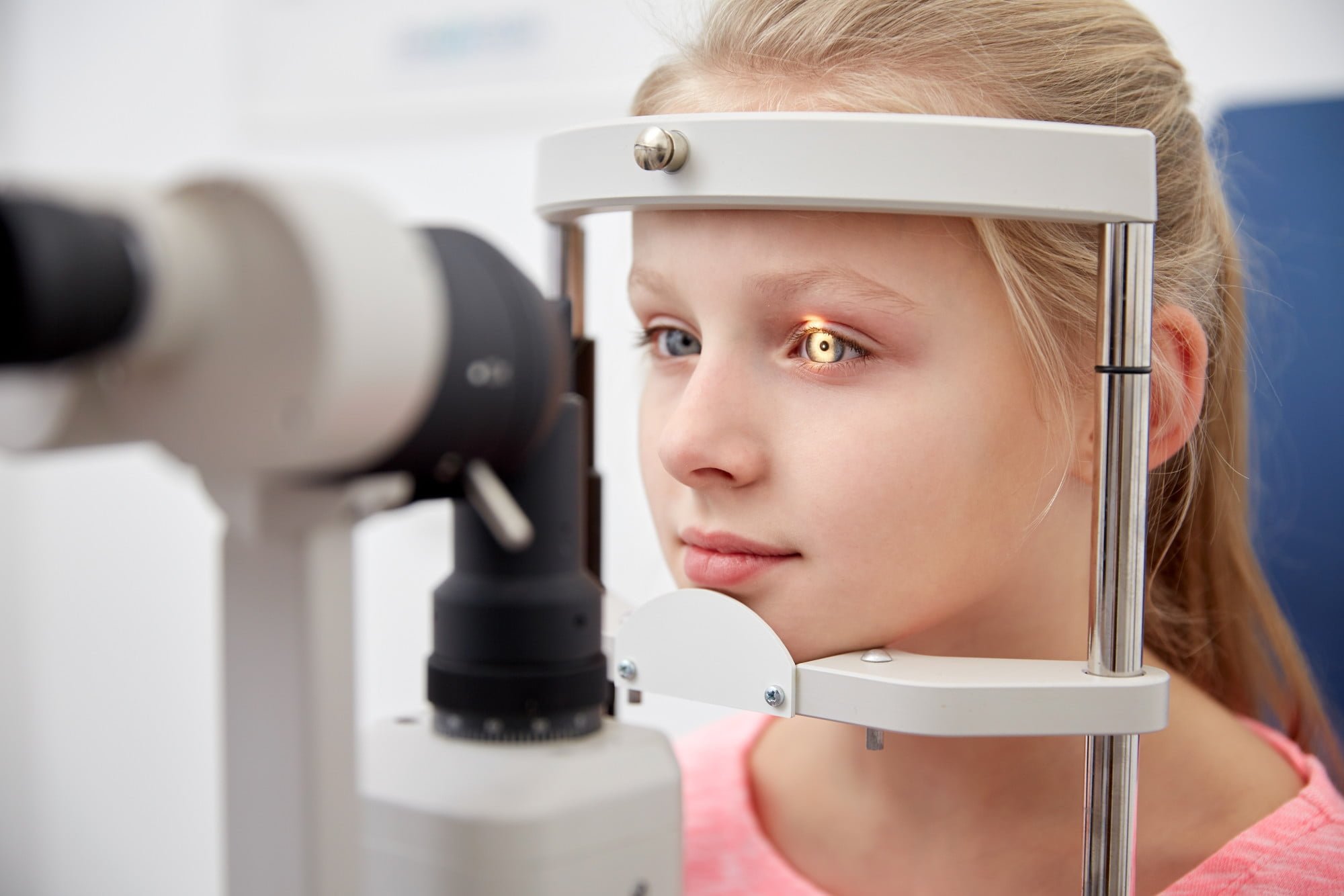Do you need to bring your child to see a pediatric ophthalmologist?
As adults, we’ve all sat in that small, dark room, while an ophthalmologist turned knobs and asked us to read off a chart. We’ve experienced that scary puff of air during the glaucoma test and sat tight while the doctor shone bright lights in our faces.
Now think about all of that from the perspective of a child, and suddenly that routine exam might seem terrifying. Pediatricians understand how to treat children, and pediatric ophthalmologists are no exception.
These child-friendly doctors might be the right choice for you and your child. Read on to find out what to expect from an appointment with a pediatric ophthalmologist.
How to Prepare for Your Appointment
Before the exam, you may want to speak to your child about what to expect, and why they are going to the eye doctor. Children’s Books about eye exams can be helpful tools. They can help children understand what to expect, and can make them feel comfortable.
As a parent, you can prepare by making a list of any health concerns that might help the pediatric ophthalmologist do his or her job. This might include any allergies, previous surgeries, medications being taken, or medical issues. If your child has seen an eye health professional in the past, bring along any records from those appointments.
You may wish to write down any questions you have in advance so you won’t forget them, and don’t forget your child’s insurance card.
What to Expect From a Pediatric Ophthalmologist
Most pediatric ophthalmologists will expect a parent to stay with their child for the length of the exam, which could last as long as two and a half hours. It is often more comfortable for your child to sit on a parent or caregiver’s lap while being examined.
Pediatric specialists understand the needs of young children and may use toys, pictures, or other child-friendly materials during the exam. After all, you wouldn’t expect a two-year-old to read an alphabet chart, whether or not they can see it clearly! Older children, however, may be examined using more familiar materials, such as digital charts.
Many of the tools the pediatric ophthalmologist uses may be familiar, such as an ophthalmoscope (the very bright light) or eye drops. The difference is that your pediatric ophthalmology professional will know how to explain these procedures to your child in an appropriate way.
The exams your child experiences will depend on their age and their needs. You can discuss these with the pediatric ophthalmologist at the appointment.
The Right Professional for Your Child
If you have concerns about your child’s vision or eye health, a visit to a pediatric ophthalmologist is a wonderful way to address your concerns. These professionals know children well and will talk to your child in a way that will ensure that the exam is a positive and comfortable experience.
Check out the rest of our blog for other posts that can help you make the best decisions about your health.




